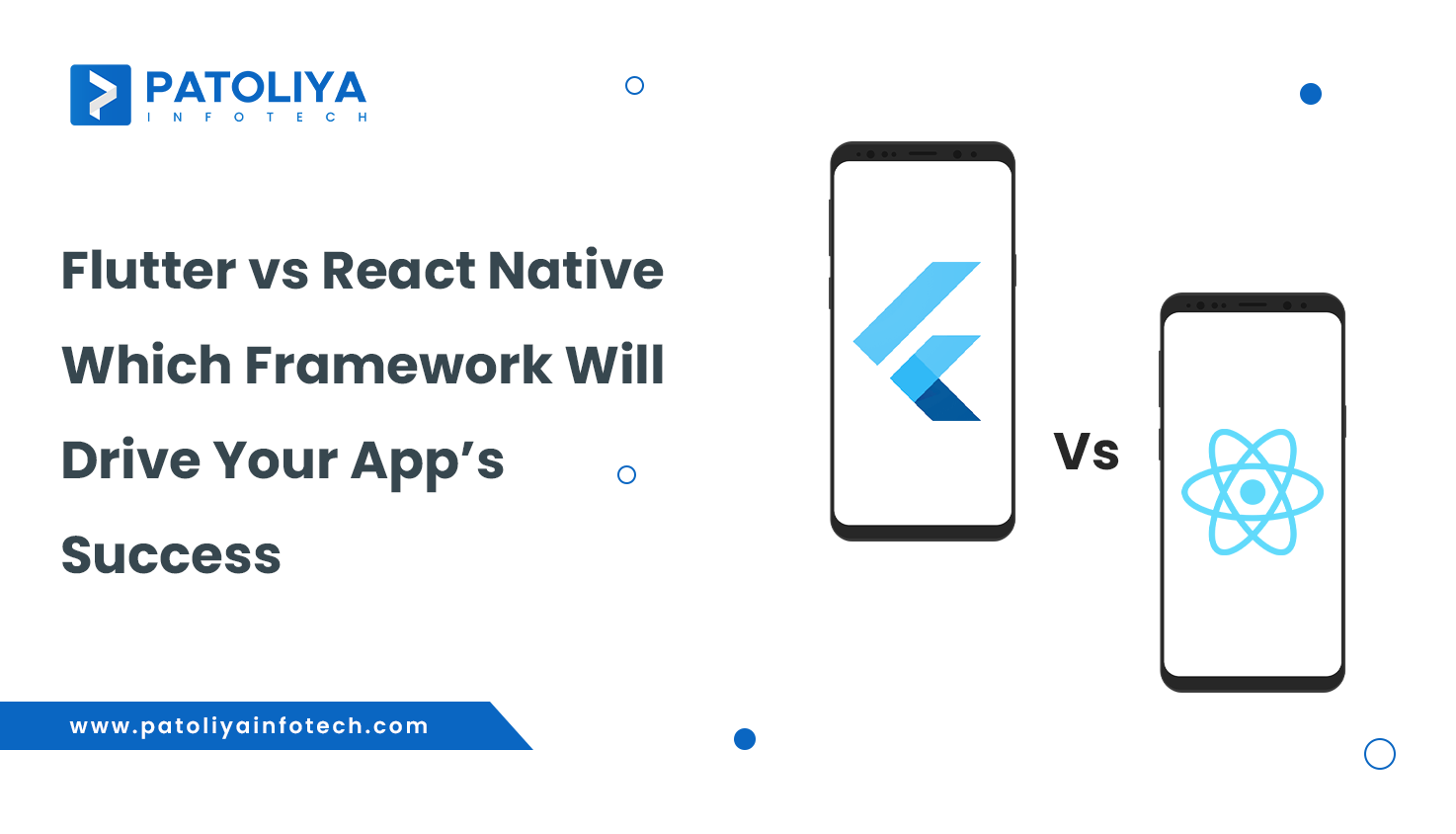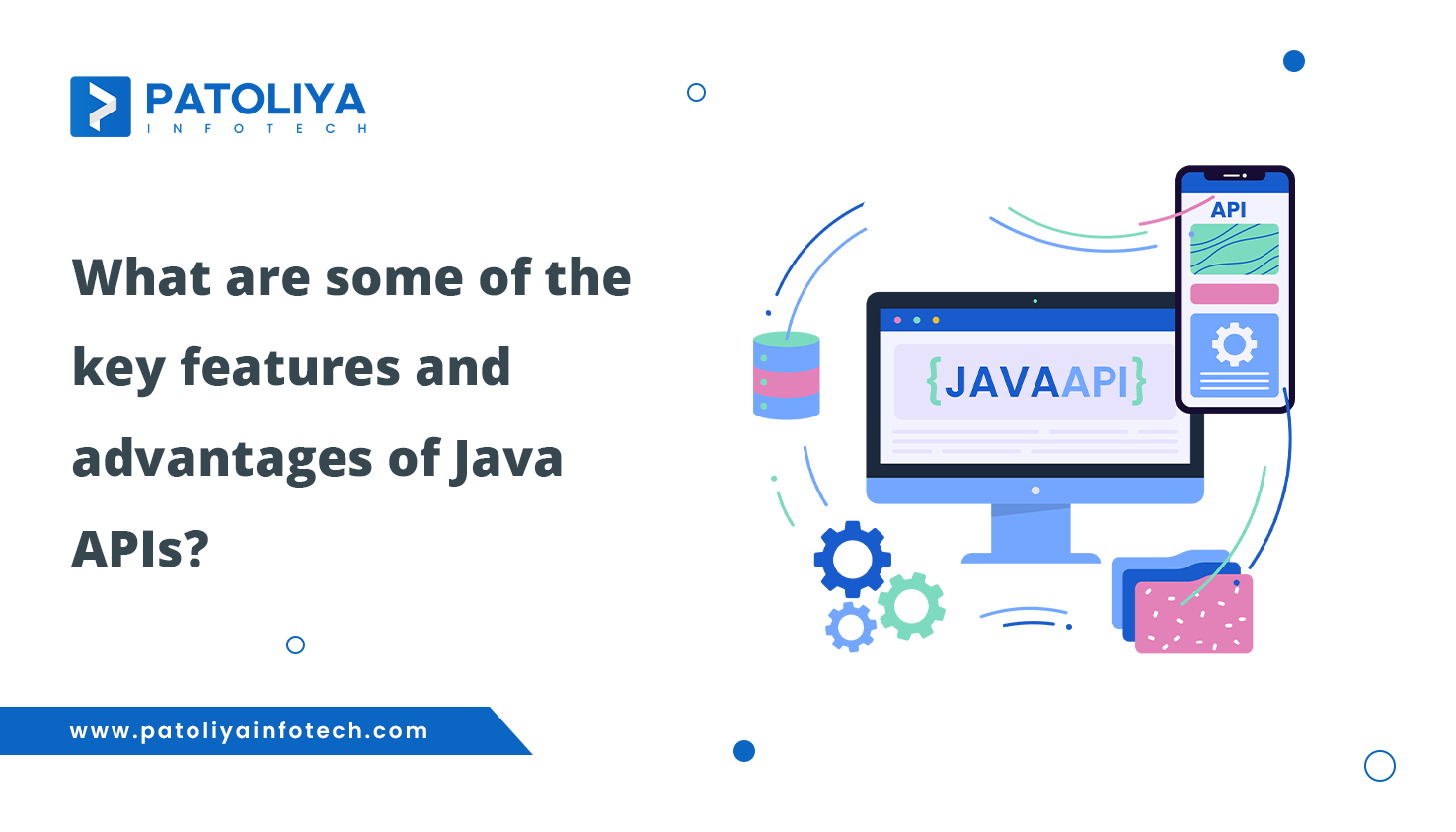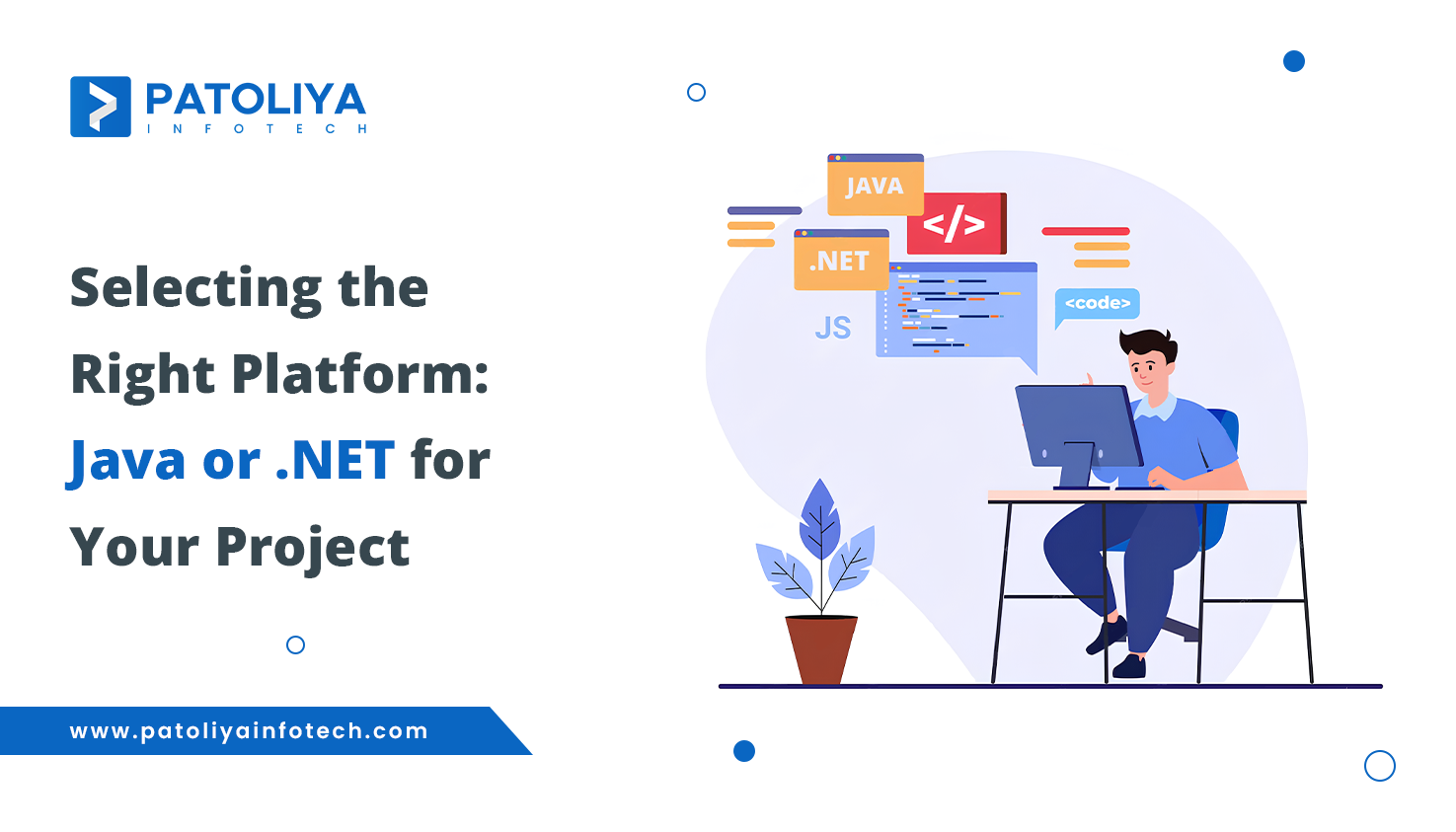Top 10 Powerful Python Use Cases That Can Boost Your Business Efficiency
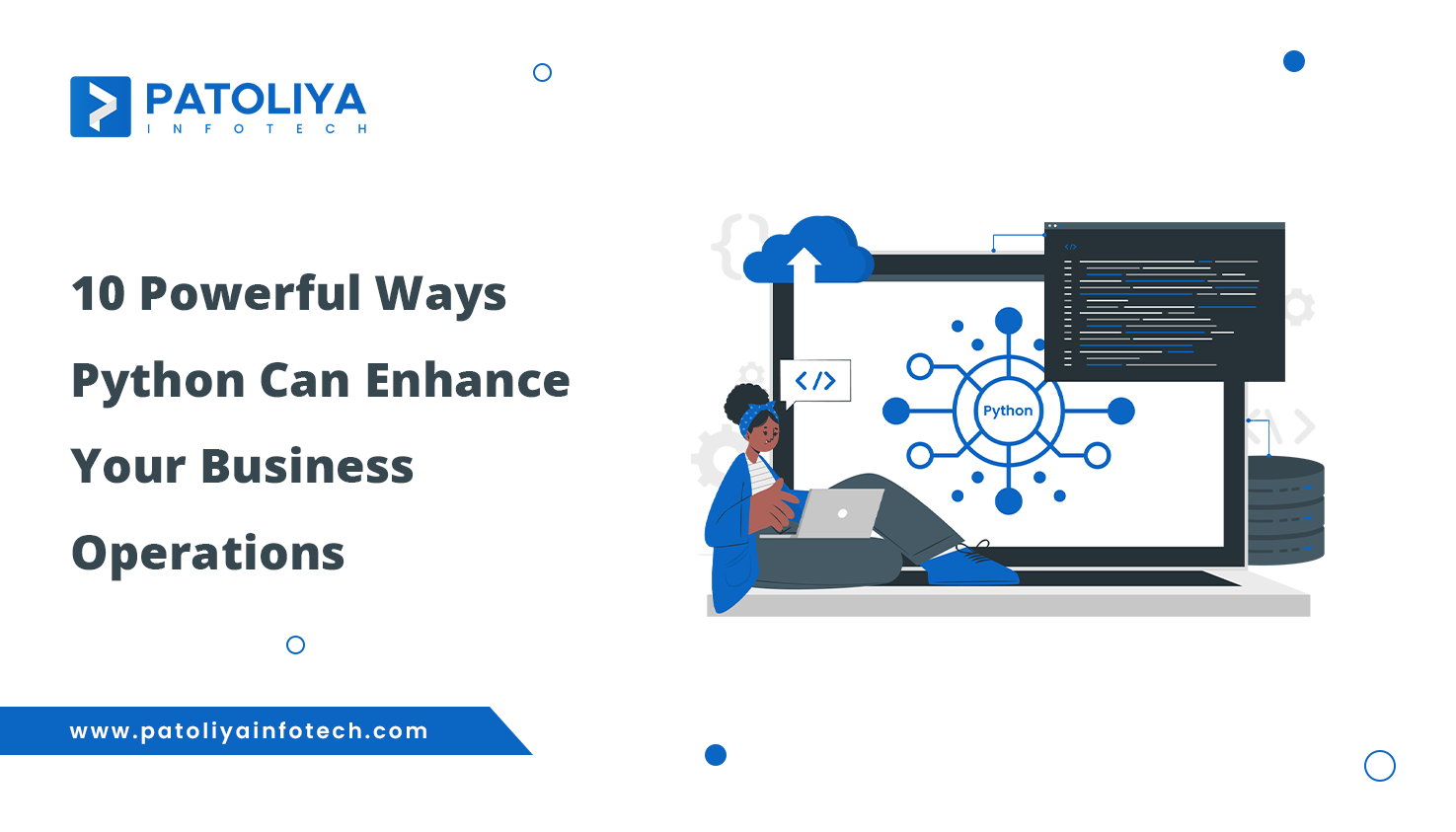
Have you ever had the impression that your business is lagging behind in terms of the latest technical advancements, unable to interpret a large amount of data, or becoming overwhelmed by monotonous tasks?
It's not only you. Each business aspires to be data-driven, swift, and efficient in order to stay ahead of the curve. Python is helpful in this situation.
This blog provides guidance to help you make the most of Python's business potential. We will investigate the ways in which this dynamic language can:
- Automate those mind-numbing tasks: Say goodbye to manual data entry and hello to increased productivity.
- Turn data into actionable insights: Find hidden trends, improve your decision-making, and obtain a competitive advantage.
- Fuel innovation: From web development to AI, Python empowers you to build the future of your business.
Whether you’re a seasoned tech pro or just starting your Python journey, this blog has something for you. We’ll explore practical examples, share real-world success stories, and answer your burning questions
So, are you ready to unleash the power of Python use cases and transform your career? Let’s get involved!
Python Use Cases:
Web Development: Building Strong Online Presence
Python has become the language of choice for businesses looking to build powerful online applications, whether through websites or web applications. Its simplicity, scalability and robust design make it an ideal choice for developing anything from customer portals to dynamic eCommerce platforms.
Python’s versatility and clean syntax ensure rapid development, and enable companies to launch their online platforms quickly and efficiently. Frameworks like Django and Flask provide pre-built features that save time and reduce web development complexity, ensuring a secure, efficient website or app. This makes Python the perfect language for projects aiming to create simple user experiences without the hassle of complex coding.
Python's scalability guarantees that your application or website will handle growing user demand and traffic without sacrificing functionality as your organization grows. Because of its modular design, adding or updating new features is simple, guaranteeing that your platform will continue to be scalable and future-proof.
With the ability to create scalable, secure, and effective web apps that grow with your company, Python is the perfect tool for companies looking to establish and expand their online presence.
Data Science and Analytics: Turning Data into Actionable Insights
Python offers strong capabilities for data analysis and visualization, enabling companies to realize the full potential of their data. Python helps businesses to effectively prepare, manage, and analyze massive data sets with tools like Pandas, NumPy, and Matplotlib. This helps companies to reduce risk, improve tactics for better results, and make well-informed decisions based on real-time data.
Python greatly reduces the time and materials needed for data analysis. Administrators can execute complicated analytics with little programming effort because to its ease of use and wide range of pre-built methods. Teams are able to concentrate on higher-level activities that have a direct influence on business success since this saves significant time and eliminates the need for labor-intensive manual operations.
Python enables companies to transform findings into successful strategies and accelerate data analytics initiatives.
Select the best option for your next project. Find the best option for your needs by learning about the advantages of PHP vs Python. Jump in right away!
Machine Learning and AI: Automating and Personalizing Services
Artificial intelligence and machine learning are completely transforming corporate operations, improving customer satisfaction and increasing productivity. Python is important for organizations' ability to provide AI-driven solutions that automate procedures, cut expenses, and provide individualized services that satisfy clients.
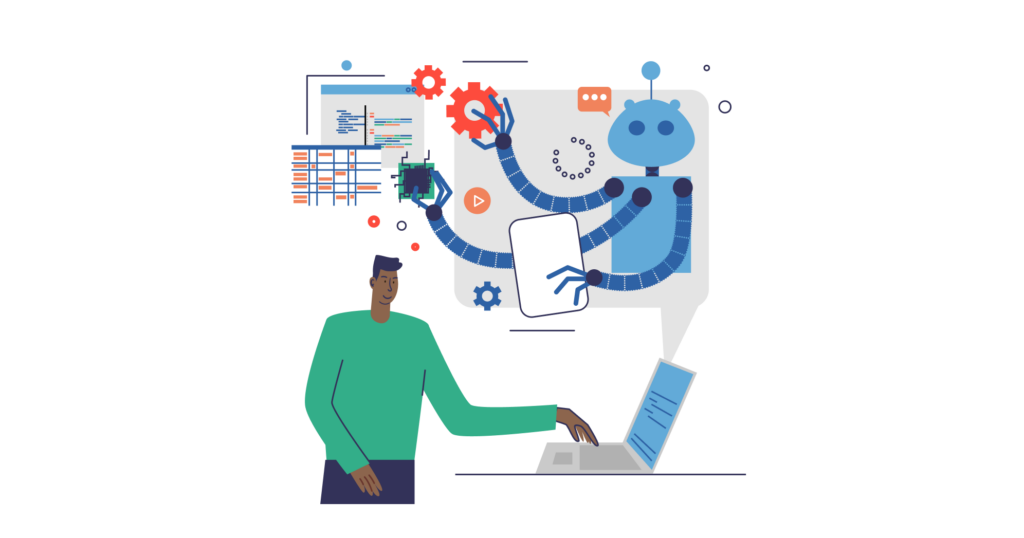
Machine learning models may assist companies in avoiding consumer demands, understanding client preferences, and providing individualized experiences that increase customer happiness. Businesses may utilize Python-based machine learning models, for example, to enhance customer care interactions, suggest customized goods, and foresee problems before they happen by examining historical consumer behavior. Higher levels of customer satisfaction, better retention rates, and more customer loyalty result from this.
It is impossible to overestimate the importance of Python in automating business decisions. By incorporating machine learning algorithms into business processes, organizations can automate repetitive tasks like inventory control, dynamic pricing, and targeted customer service while freeing up teams to concentrate on more formal tasks.
This automation not only lowers operating costs but also increases decision-making speed and accuracy. By enabling clever, data-driven decisions to be made behind the scenes, Python's straightforward and robust libraries make it easier to deploy AI solutions that help organizations stay competitive.
Automation and Scripting: Streamlining Your Operations
Python has been an important tool for businesses trying to use scripting and automation to boost productivity. Python accelerates procedures by automating time-consuming tasks, which saves time and lowers the possibility of human mistake.
Python excels at managing repeated, time-consuming operations that often consume resources. Such procedures may be simply created using Python, including record management, email, account entry, and report generation. This enables your staff to concentrate on critical activities that promote creativity and efficiency.
Python reduces the likelihood of major human error in addition to saving time. Businesses may use Python scripts to automate operations and ensure that they are correct and consistent. Enhancing data validation or inventory processes, for example, reduces errors, providing more reliable results and more efficiency.
The automation features of Python may help businesses create more efficient procedures that increase overall productivity and operational accuracy while saving time and money. It has achieved remarkable success with minimal effort and is currently a very successful corporate management strategy.
Game Development: Engaging Customers with Interactive Experiences
Companies' interactions with their consumers are changing as a result of Python's capacity to make game creation quicker, less expensive, and more effective for marketing and customer connection. Businesses may use Python to develop interactive experiences that captivate consumers and improve their brand loyalty.
Python makes games accessible to businesses of all sizes, which makes it an effective tool for consumer engagement and marketing. Businesses can try Python to provide user-engaging experiences by incorporating quizzes, prizes, and challenges into their apps or websites. This method boosts user engagement and strengthens brand loyalty without continuously delivering material.
Python's rich library and user-friendliness make it an excellent choice for game developers. Utilizing tools such as Pygame, businesses may enhance interactive gaming applications while cutting expenses and development time. Python is therefore a great option for businesses wishing to create interactive products or include games into their company plans without incurring any expenses.
Because Python can be used to design and play games that engage players and boost customer loyalty, it is a powerful tool for modern enterprises and consumer-driven access channels.
Cybersecurity: Protecting Your Business with Python
Companies may use Python, which has grown into an important cybersecurity tool, to protect their digital assets and establish robust security procedures. Because of its extensive library and adaptable capabilities, Python helps organizations stay ahead of any assaults and protect sensitive information.
Scripts and tools that monitor network traffic, detect vulnerabilities, and prevent assaults are frequently written in Python. Python may be used by companies to analyze security logs, identify threats, and identify strange patterns that may indicate a breach. Python offers businesses the ability to ensure that their digital infrastructure is secure and resilient to evolving threats.
Companies may use Python to create custom security tools that are tailored to their own requirements. Python's adaptability makes it possible for businesses to quickly and fairly deploy robust security solutions, such as intrusion detection systems and encryption techniques. The capability needed to handle complex cybersecurity issues and protect sensitive data is available in Python thanks to libraries like Scapy, Paramiko, and PyCrypto.
Python for cybersecurity might help businesses better protect digital assets, reduce risks, and maintain customer confidence in a more digital world.
Internet of Things (IoT): Enhancing Operations and Customer Experience
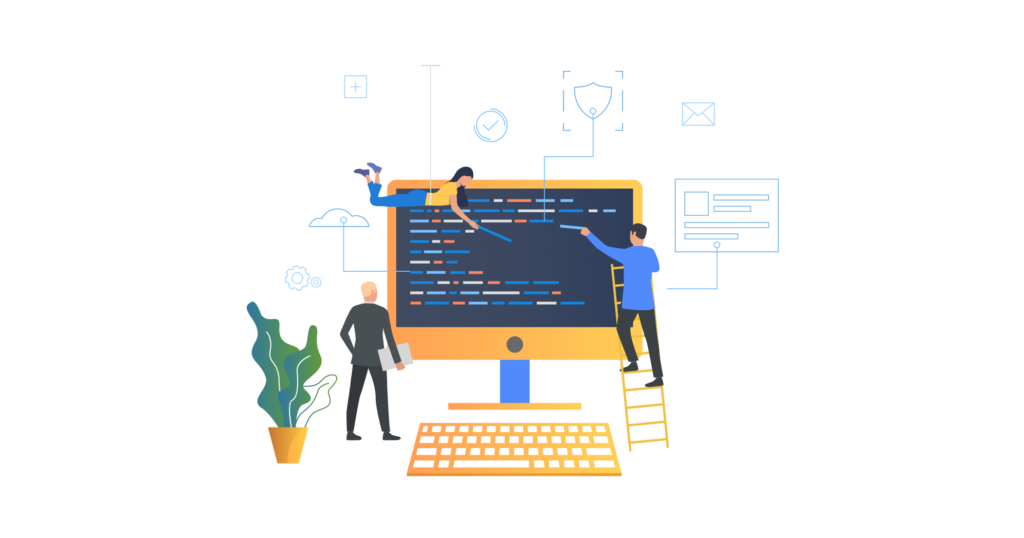
Python is important to the functioning of smart devices and Internet of Things solutions, allowing companies to transform their processes and improve consumer satisfaction. Python is the ideal choice for creating Internet of Things applications that smoothly automate procedures, connect devices, and analyze data because of its ease of use, wide library support, and versatility.
Python is frequently used to program smart devices, such as home automation systems and industrial sensors. Businesses can quickly develop IoT solutions that integrate hardware, handle real-time data, and provide seamless device connection with the help of libraries like MQTT and IoT-focused frameworks. Python assists companies in utilizing the full potential of the Internet of Things to optimize processes, whether it be supply chain optimization or equipment performance monitoring.
IoT has advantages that go beyond increasing operational effectiveness and enhancing consumer satisfaction. Python-powered Internet of Things solutions allow companies to automate tailored offerings like intelligent suggestions or real-time purchase and delivery updates. Business operations that interact with customers may offer smooth, responsive, and personalized experiences that increase customer happiness and loyalty by using IoT.
Python is an important resource for enterprises wishing to use smart, connected technologies because of its adaptability in IoT development, which improves consumer engagement and helps companies reach operational excellence.
Blockchain and Cryptocurrency: Exploring New Business Opportunities
Python is at the front of technological innovation, and blockchain technology is revolutionizing enterprises by allowing safe, open, and decentralized networks. Python is the best choice for companies wishing to investigate blockchain and cryptocurrency potential due to its huge libraries and adaptability.
Python makes it easier for companies to incorporate this ground-breaking technology into their operations by streamlining the creation of blockchain applications. Web3.py and PyCryptodome are two Python libraries that offer all the tools required to develop and administer blockchain solutions, from smart contract creation to decentralized application (dApp) development. These features enhance industry security, streamline processes, and rely on middlemen. They also aid in reduction.
One of Python's key advantages is its capacity to facilitate the creation of transparent and safe systems. Applications like supply chain management, safe voting procedures, and financial transactions depend on data integrity and transaction traceability, which are guaranteed by blockchain solutions developed with Python. Because of Python's dependability and simplicity, these solutions are also simpler to grow and maintain, allowing companies to confidently innovate in the blockchain sector.
Businesses may remain ahead of the curve in the rapidly changing digital economy, improve operational security, and open up new opportunities by utilizing Python for blockchain and cryptocurrency initiatives.
Find the IT service model that works best for your company. Understand the primary differences between managed services and staff augmentation. Start reading now!
Desktop Applications: Creating Efficient Business Tools
Python is a great option for developing desktop apps that respond to certain business requirements, allowing businesses to create unique software solutions that are suited to their operations. Businesses may design products that improve productivity and efficiency and streamline workflows because of its robust frameworks and ease of use.
Python facilitates the development of unique software solutions, ranging from sophisticated data analysis tools to inventory management systems. With the help of frameworks like PyQt, Tkinter, and Kivy, developers may produce applications with solid features and user-friendly interfaces that satisfy the particular needs of the company. Python offers adaptable solutions that meet your needs, whether you're looking for a tool to manage client contacts or measure performance indicators.
When it comes to developing desktop applications, Python's capacity to expedite and simplify the process is one of its greatest benefits. Because of Python's clear syntax and plenty of pre-built libraries, development time is greatly decreased, allowing companies to launch apps fast and with minimal extra Python's cross-platform compatibility guarantees that its tools function properly across several operating systems, allowing projects to divide their development efforts. shielded from interference
Python may be used to create efficient business tools that help businesses make better decisions, streamline processes, and obtain a competitive advantage in high-performance, reasonably priced software.
Natural Language Processing (NLP): Engaging Customers with AI-Powered Communication
The way businesses interact with their customers is changing due to Natural Language Processing (NLP), and Python is at the center of this change. With its robust NLP library and framework, Python helps businesses to develop AI-powered communication tools that improve customer engagement and streamline business operations.
Python gives administrators the tools they need to analyze and comprehend customer interactions through text, language, and sentiment analysis. Libraries such as NLTK, SpaCy, and Hugging Face make it simple to process and interpret a large amount of customer data, from social media posts to email chat logs. This gives businesses a deeper understanding of the needs, wants, and concerns of their customers, allowing for more effective and personal communication.
NLP-enabled tools built into Python, such as chatbots and virtual assistants, dramatically enhance customer experience by providing immediate, accurate and contextual feedback These AI-powered systems ensure customers receive 24/7 support and reduces the workload on humanitarian teams. Additionally, sentiment analysis tools can identify customer satisfaction levels, help businesses proactively address issues and improve service delivery.
In addition to customer engagement, Python's NLP can improve efficiency by implementing practical techniques such as composing emails, processing text, and extracting data from unstructured text Not that This provides it not only saves time but reduces errors, and enables businesses to allocate resources more efficiently.
With Python, companies can use NLP to deliver intelligent, AI-driven communications that increase customer satisfaction, engagement, and streamline operations for long-term success
Conclusion
Python is more than a programming language; it's a strategic tool that helps organizations stay competitive and inventive in a fast changing digital world. Its versatility, simplicity, and rich ecosystem make it a good choice for addressing difficult issues, designing control systems in an on-task manner, and delivering customer-centric solutions.
Python helps businesses increase efficiency and productivity by enabling solutions tailored to a variety of needs, such as web applications, automation, data analytics, AI, and IoT, that look to be able to streamline operations, reduce costs, and improve business customer experience. Adapt to market requirements for increased agility and efficiency.
Key Takeaways:
- Python drives innovation across industries with applications in automation, AI, data science, and more.
- Its powerful libraries and frameworks simplify and accelerate the development of custom solutions.
- Python enhances productivity by automating repetitive tasks, reducing errors, and enabling smarter decision-making.
- Businesses using Python gain a competitive edge by staying at the forefront of technology and delivering exceptional experiences to customers.
By adopting Python, businesses unlock the potential to transform operations, harness the power of data, and innovate for the future, ensuring sustained growth and success in an increasingly competitive marketplace.
Next Steps for Your Business
The first step in implementing a Python solution is to identify critical areas of your organization that can benefit from Python's tremendous capabilities. Python provides diverse ways to simplify and boost productivity, whether it's automating regular operations, analyzing data, or designing new apps.
Begin by consuming numerous Python libraries and applications researching business requirements solutions, such as Django for web development, Pandas for data analysis, or AI. Begin with trial projects to learn how TensorFlow Python may have an instant impact on your business, and then scale up as you observe success.
Once you've determined the best position for Python, the next step is to identify the proper Python developers to bring your idea to reality. You may discover a skilled Python developer by searching sites such as Upwork, Toptal, or GitHub, or by posting a task list on tech-specific communities such as Stack Overflow. It is important to identify developers that are familiar with the frameworks and technologies particular to your project's requirements. Hiring the correct personnel ensures that your Python-based solution is designed to fulfill your company objectives and offer long-term success.
By following these steps, you will be well on your way to using Python to improve company processes, remain competitive, and drive innovation.
